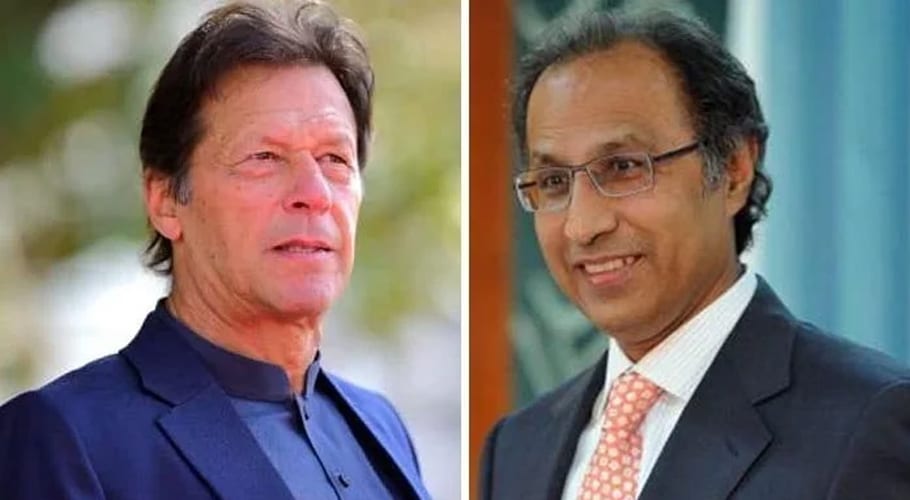ISLAMABAD: Prime Minister has expressed full confidence in Dr Abdul Hafiz Shaikh and directed him to continue his work as finance minister.
According to details, Federal Minister for Finance Dr Abdul Hafeez Shaikh had an important meeting with Imran Khan today in Islamabad.
During the meeting, Prime Minister Imran Khan said that Hafeez Shaikh has an important role to play in improving Pakistan’s economy.
PM Imran instructed Abdul Hafeez not to resign from his post and asked him to continue his responsibilities as finance minister. Sources said following Shaikh’s meeting with the premier, he decided not to hand in his resignation.
It was speculated that the defeat of ruling Pakistan Tehreek-e-Insaf (PTI) candidate Dr. Abdul Hafeez Sheikh in Senate polls at the hands of the joint candidate of the Pakistan Democratic Movement (PDM) Syed Yousaf Raza Gilani could probably result in an ‘ultimate’ change of the post of finance minister.
Sources said Dr Hafeez Sheikh can persist to be the finance minister for an additional three months before the expiration of the six months grace period. As a result, the process can give PM Imran Khan much time to probably get him elected on a safe-seat.
Sources said the change of guard at the Finance Ministry could possible as the Supreme Court’s earlier ruling wherein unelected individuals could only be appointed for a period of six months under Article 91(9) of the Constitution.
In December last year, however, the Islamabad High Court ruled that special assistants and advisors have no authority to chair or sit in on meetings of cabinet committees.
The judgment noted that Article 93 of the Constitution allows the prime minister to appoint up to five advisors, but the conferring of a federal minister status on an advisor is “only for the purpose of perks and privileges” and “does not make the advisor a federal minister as such”. It further ruled an advisor “can address the Parliament but cannot participate in the voting process”.
The PTI however found that it can remedy this sticky situation. The prime minister is empowered to appoint an un-elected individual as a minister for six months under Article 91(9) of the Constitution.
It was under this allowance that a few days after IHC’s ruling, Abdul Hafeez Shaikh took oath as Minister for Finance.
However, the Constitution states that at the end of six months, that individual will “cease to be a minister and shall not before the dissolution of that Assembly be again appointed a Minister unless he is elected a member of that Assembly”. The article also states that “nothing contained in this clause shall apply to a Minister who is member of the Senate”.



































